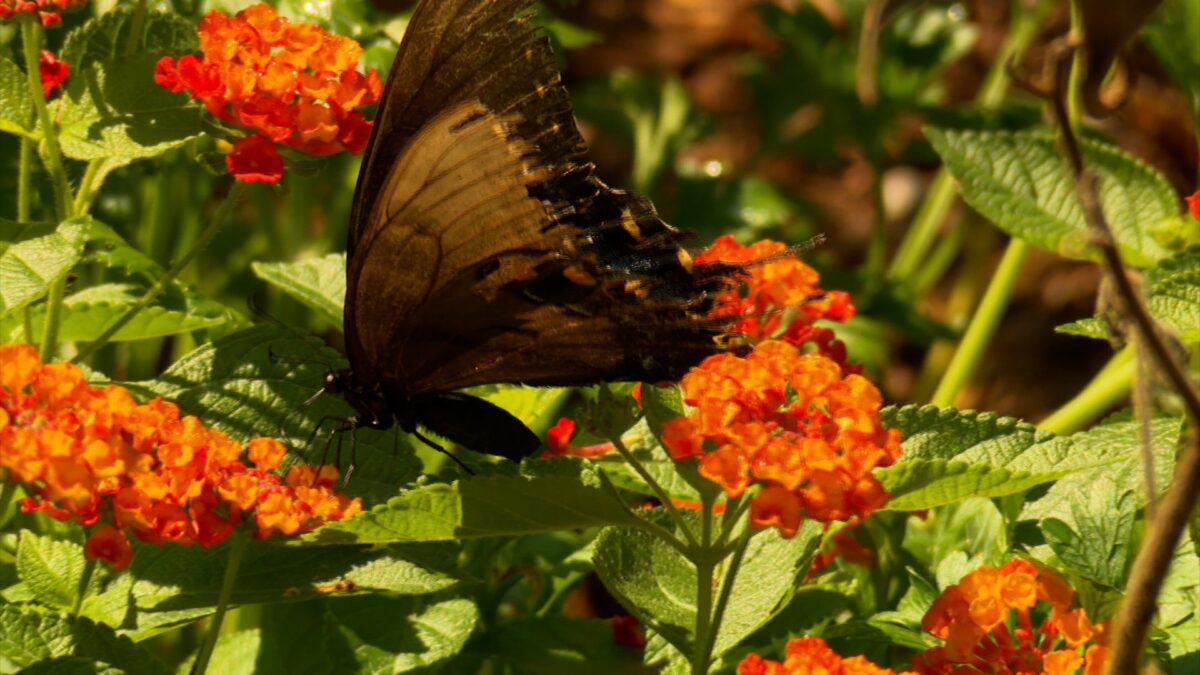
What a treat to visit the home garden of a horticulture power couple! Rita Venable is amazed by all the great plants that support pollinators in a very long border bed. Also on the property is a utility right-of-way that they are transitioning into a beneficial plant palette. In the 4 years of garden transitions,, the goal is to continue to shovel out plants of an invasive growth habit, and replace with environmentally beneficial trees, shrubs and perennials. Plus, we'll be introduced to a new and unique spot in the garden they call the 'loggery'.
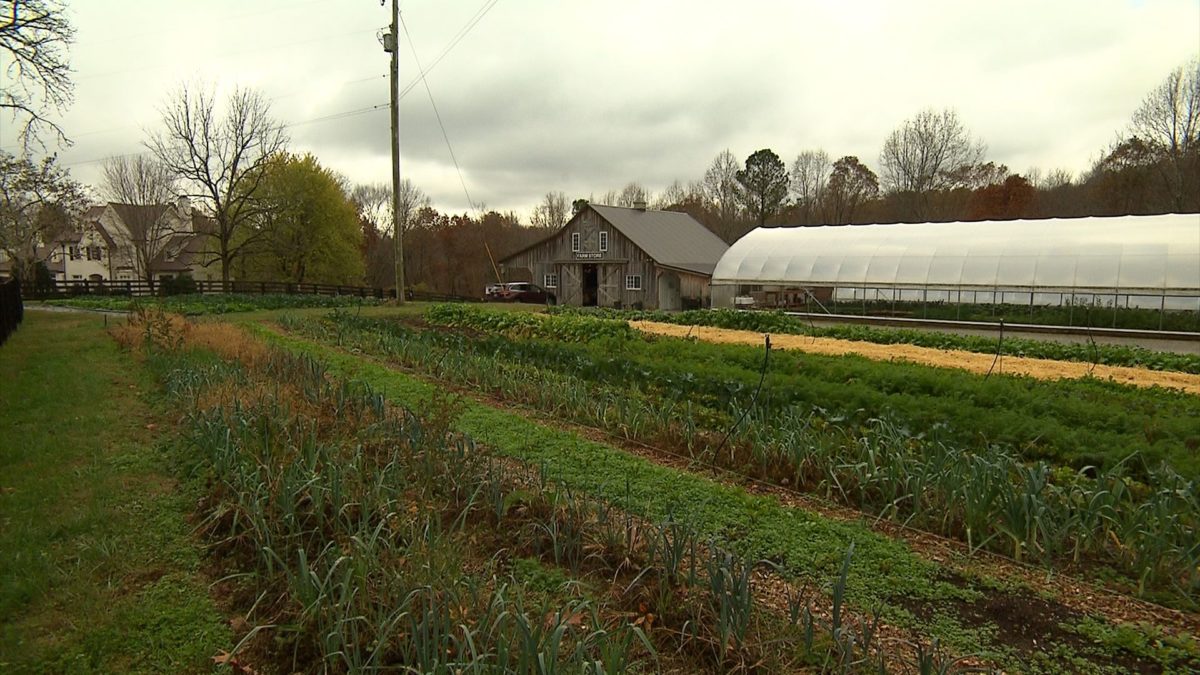
We learn about healthy fertile soil on a visit to Red Thread Farm, a micro family farm in Franklin TN. There's no mechanized tillage that happens here, just a liberal use of broadforks. Keeping the soil covered is a priority, either with a thick mulch or cover crops. And there's no commercial pesticide use on the premises. All methods used are meant to enhance microbial activity in the soil, and in turn, produce nutrient-rich vegetables.
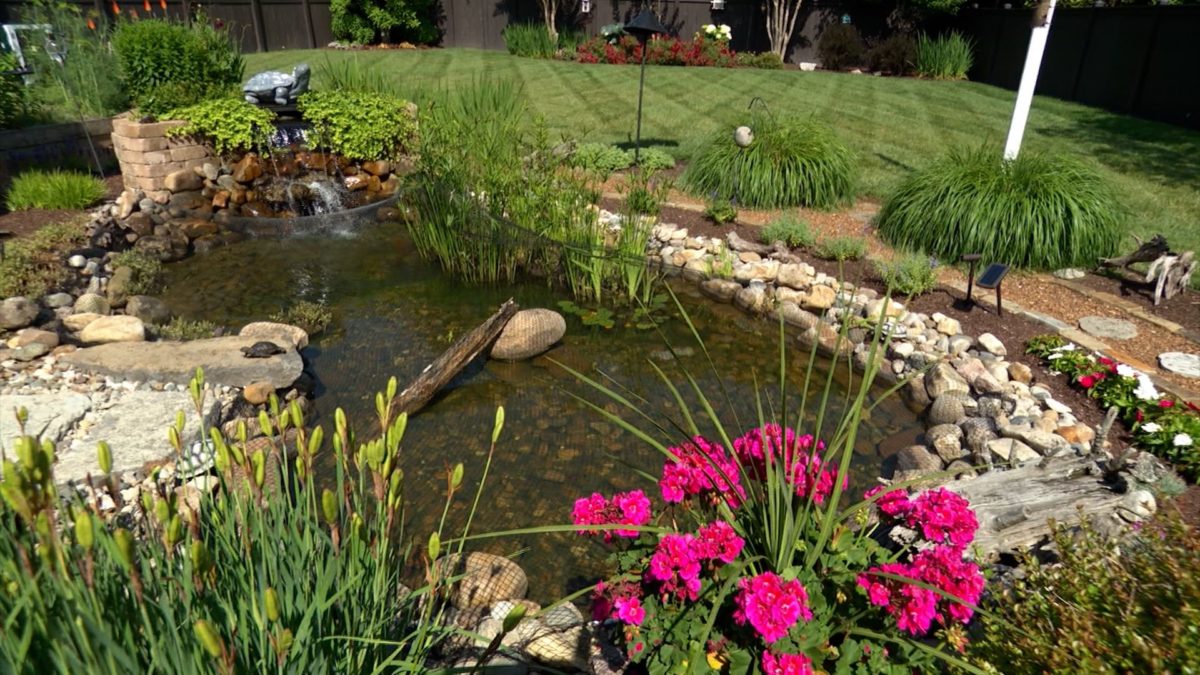
A backyard can come to life, just like you've envisioned. Sheri Gramer visits with homeowners who made their plan a reality. They always wanted a pond, so they built one. They installed attractive border beds, raised beds, and have provided a supportive space for birds, bees, and butterflies.
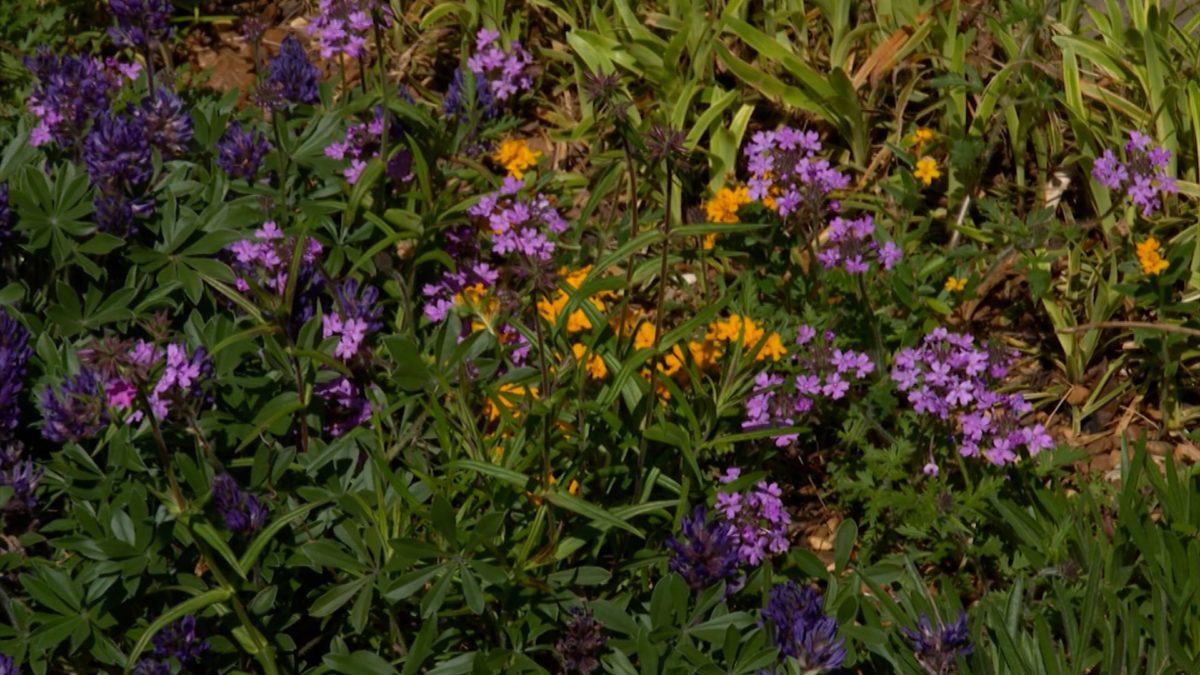
Learn what it means to have a living landscape. Host Rita Venable introduces us to a dedicated couple who have spent many years eradicating the exotic invasive plants from their property. Those have been replaced with native perennials, trees and shrubs. Some have even sprouted up on their own! Pollinators and wildlife are now flourishing.
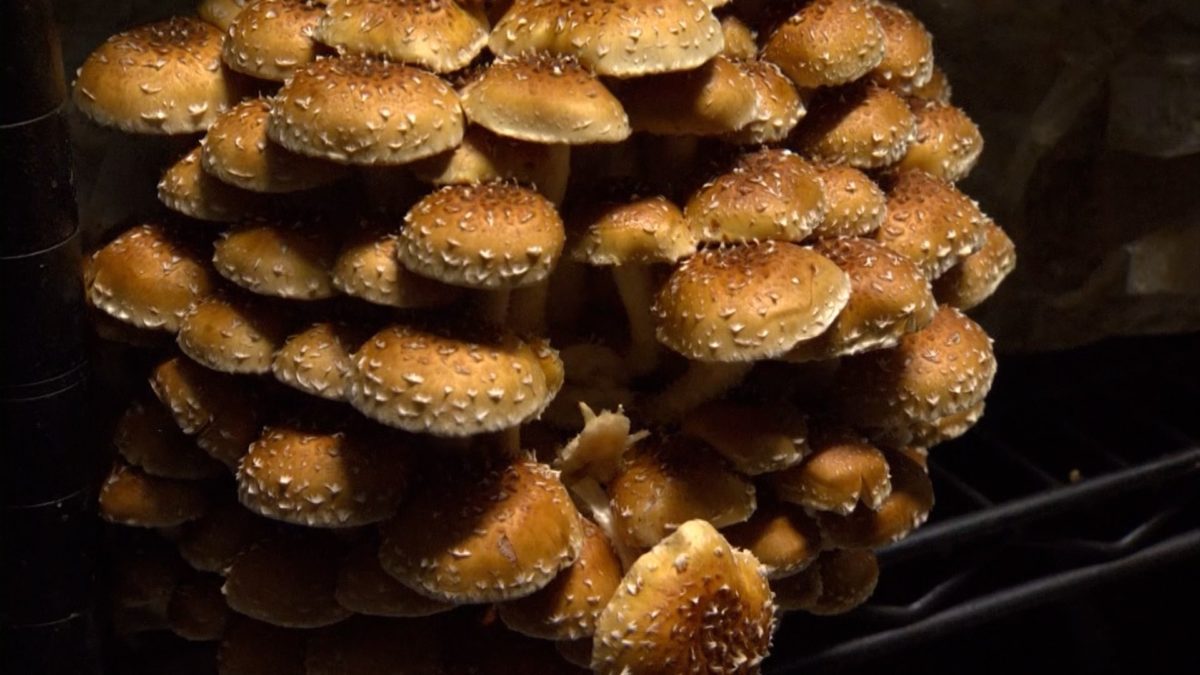
Lion's Mane, Oyster, Shitake and Chestnut. These are some of the consumable mushrooms in production at HENOSIS near Nashville. Mushroom cultivation is quite different from growing garden vegetables. We follow the process from substrate mix to harvest and learn how truly sustainable it is.
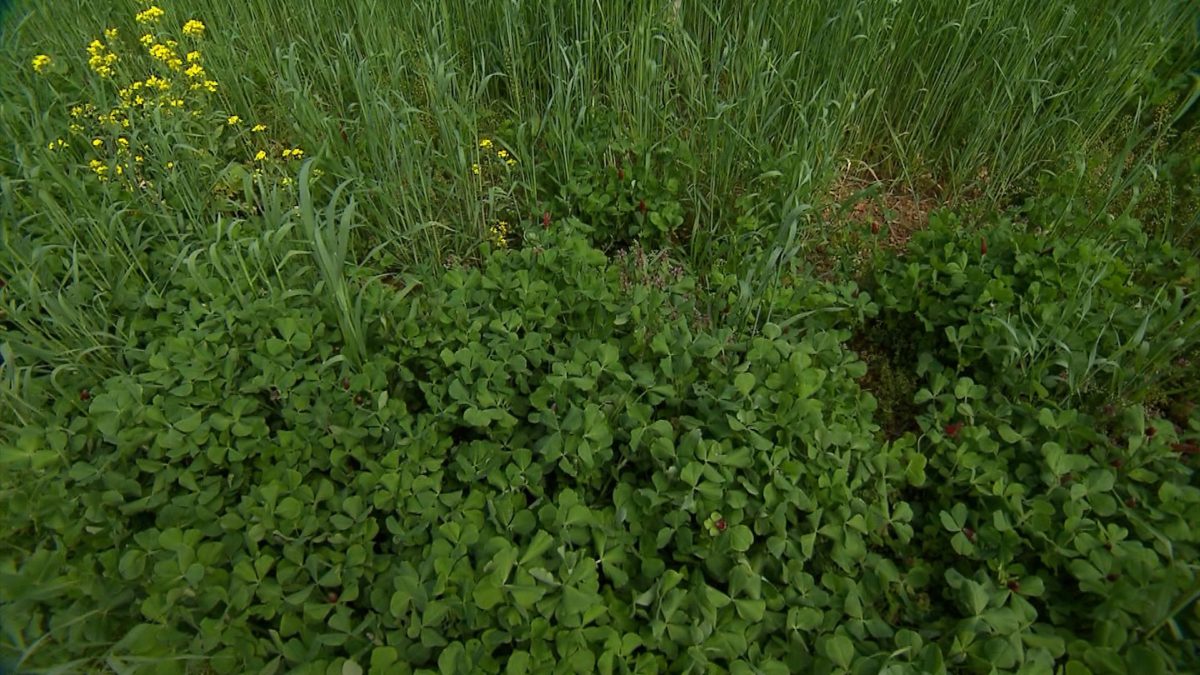
Jeff Poppen knows the valuable benefits of cover crops, also known as green manure. When used in a home garden, he advises to pull up the plants at maturity, shake off the valuable soil, and then enrich the compost pile with the plants. For a farm field of cover crops, he mows the field several times over a 2 week span, and chisel plows all the plant material into the soil. Then the microbes do their good work.
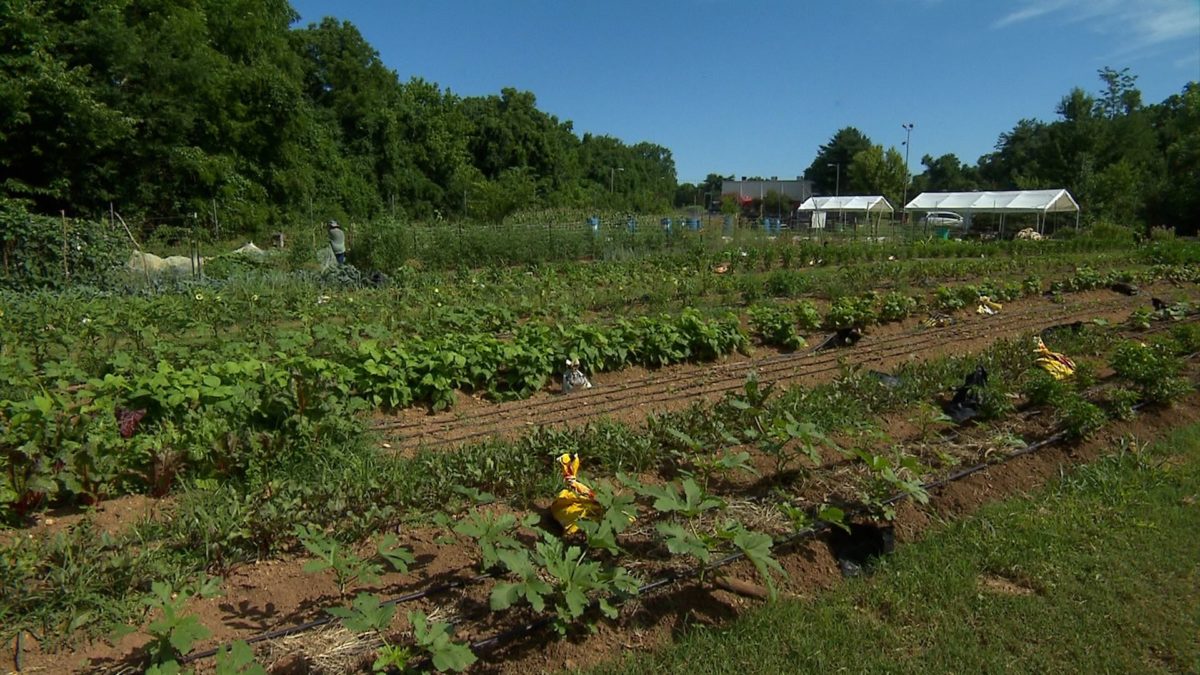
We tour this market farm and meet some of the growers who are harvesting wonderful produce and herbs from this community garden shepherded by The Nashville Food Project. The farmers share a commonality as each arrived in Middle TN from Burma or Bhutan. They are generating personal income while building food security within the community.
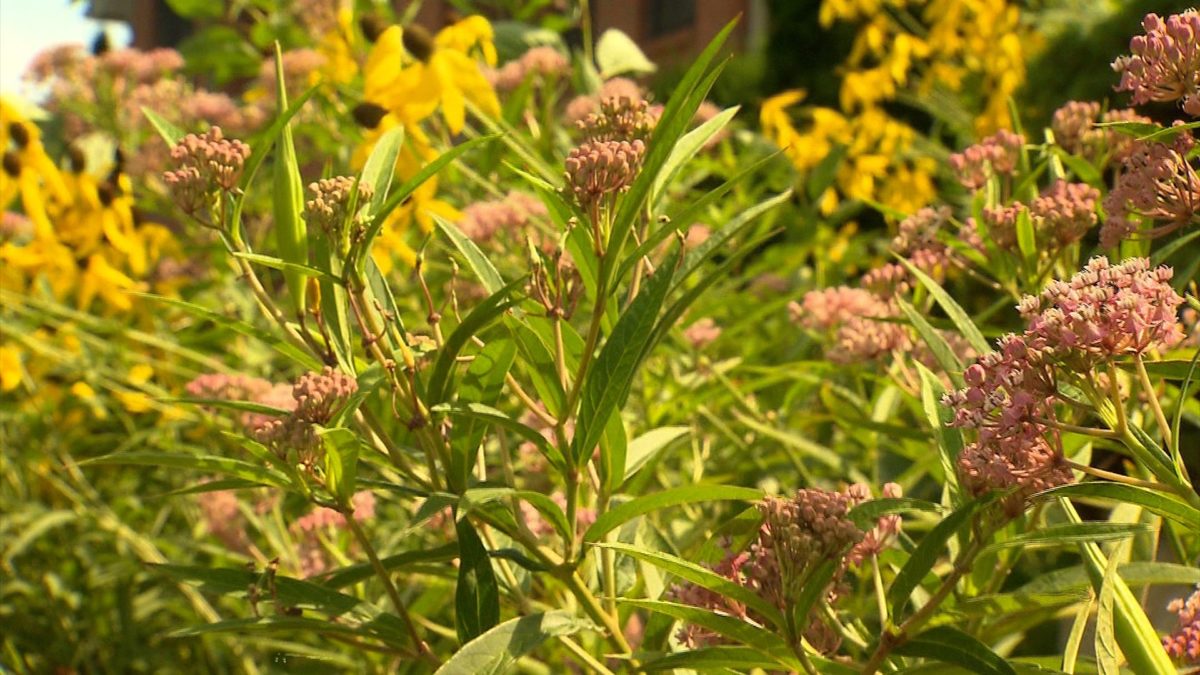
We tour a home landscape that is certainly spectacular to look at, but it's also a pollinator paradise. This gardener enjoys choosing native plants that will support their need for food and habitat. Hummingbirds, bees and butterflies are common sites in this garden.
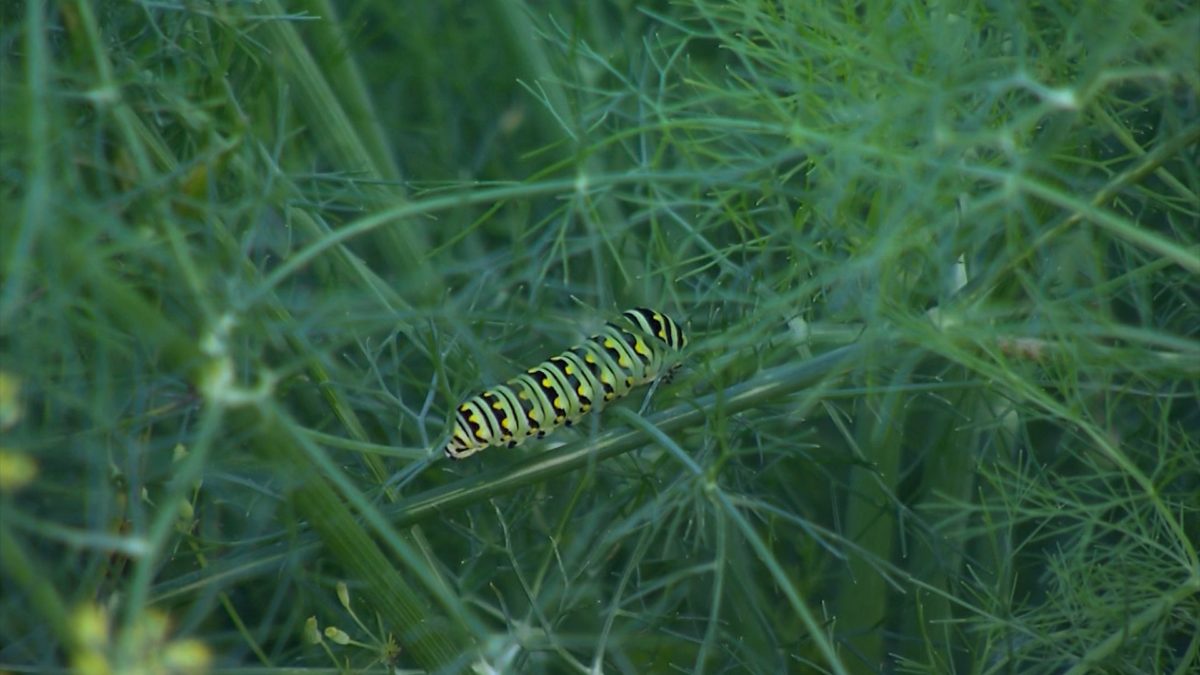
Late September finds us doing clean up in the ornamental garden after the growing season. But not so fast. Host Marty DeHart, along with Rita Venable (author of 'Butterflies of Tennessee'), will have you looking at garden clean up a different way. They look at several common garden specimens with suggestions of what to do to benefit pollinators and beneficial insects for the winter.